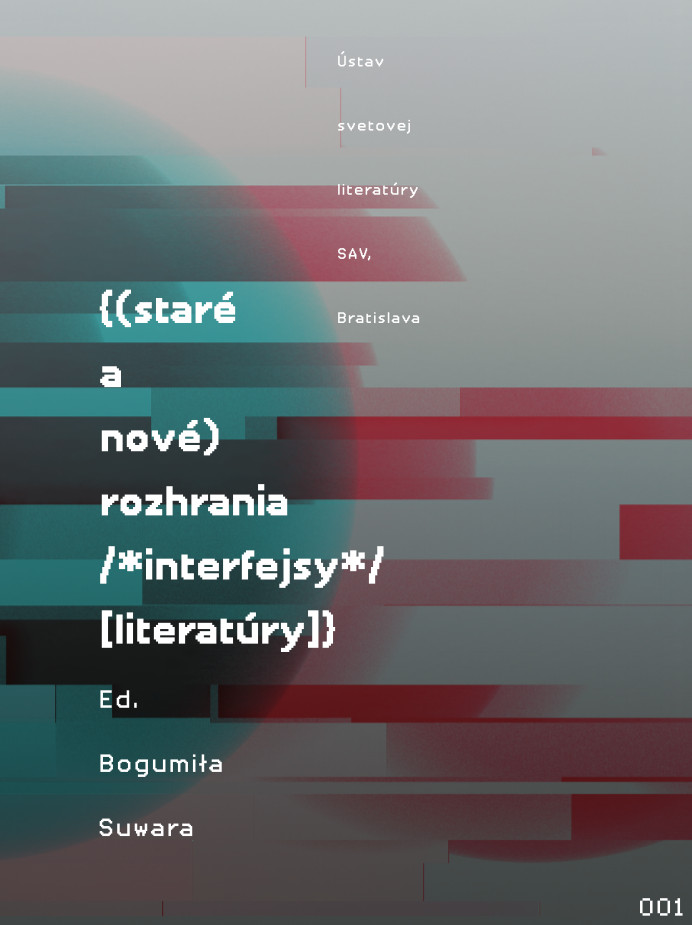Computational Culture, 5: Rhetoric and Computation (2016)
Filed under journal | Tags: · algorithm, code, computation, language, machine, philosophy, rhetoric, semantics, software studies, theory
“How can machines be rhetorical? The readers of Computational Culture need not be convinced that computation drives the digital and networked spaces in which we interact, argue and communicate: word processing programs, videogames, banking and commerce systems, social networking sites, and smartphone apps that track our data (both with and without our knowledge) are all evidence that computation in code shapes nearly every space we inhabit. Computation in code affects and effects our lives. Computational machines affect us through their programming and design, as well the discourse they can generate, via text, image, sound, and so on. By writing computer code and software, programmers and designers construct machines that make arguments and judgments and address audiences both machinic and human. In this sense, even the most mundane computational technologies can be seen as rhetorical –from the grocery store check-out scanner to the high school graphing calculator–because any computational machine shapes and constrains behavior. […]
Software studies has paved the way for many disciplines to approach software as an object of study and computer programs as written artifacts, and we may add rhetoric to our toolkit to do so. We can use rhetoric to interpret the ways that computation addresses and responds to various audiences and exigencies, makes assertions about identities, and ultimately participates in a complex ecology of forces that shape behavior and perception. This version of rhetoric is more expansive than the limited, Aristotelian definition rhetoric as the ‘available means of persuasion.’ Just as software studies recognizes that software is more than code, and that code is more than ones and zeros, contemporary rhetoric is interested in more than the content of arguments; it also concerns the relational forces that precede and exceed arguments.” (from the introduction)
With thematic texts by Steve Holmes, John Tinnell, Kevin Brock, Elizabeth Losh, Jennifer Maher, Alexander Monea, Andreas Birkbak & Hjalmar Bang Carlsen, Matthew Bellinger; articles by M. Beatrice Fazi, Erica Robles-Anderson and Patrik Svensson, Michael Lachney, William Babbitt & Ron Eglash, and review section.
Edited by Annette Vee and James J. Brown, Jr.
Published in January 2016
Open Access
ISSN 2047-2390
Bogumiła Suwara (ed.): {(staré a nové) rozhrania /*interfejsy*/ [literatúry]} (2014) [SK, CZ]
Filed under book | Tags: · electronic literature, interface, literature, technology, text, theory

Collected papers by Slovak, Czech and Polish theorists on the theme of interfaces in electronic literature and (post)digital culture. With English abstracts.
“Kolektívna monografia je príspevkom do vedeckého diskurzu na prieniku literárnej teórie, estetiky, kulturológie a mediálnych štúdií. Prostredníctvom štúdií teoretičiek a teoretikov zo Slovenska, Českej republiky a Poľska upozorňuje na problematiku interfejsov v elektronickej literatúre a (post)digitálnej kultúre. Texty prinášajú nový pohľad na vývojové trendy umenia vrátane literatúry s prihliadnutím na súčasné metódy výskumu a najnovšie teoretické poznatky v danej oblasti.”
With texts by Andrzej Adamski, Krištof Anetta, Joanna Ciesielska, Zuzana Husárová, Jana Kostincová, Kateřina Piorecká, Karel Piorecký, Mariusz Pisarski, and Bogumila Suwara.
Publisher SAP & Ústav svetovej literatúry SAV, Bratislava, 2014
ISBN 9788089607303
239 pages
PDF (11 MB)
Comment (1)Stephen Wright: Toward a Lexicon of Usership (2013)
Filed under book | Tags: · aesthetics, language, theory, usership
![]()
“Toward a Lexicon of Usership serves as a toolkit for naming a new form of both artistic and political subjectivity – that of usership. Divided into words that Wright feels ‘should be retired’ such as expert culture, ownership and the disinterested spectator alongside ‘emergent concepts’ like 1:1 scale, loopholes and museum 3.0, Wright introduces ‘modes of usership’ that are becoming ever more prevalent and pertinent today: hacking, gaming and the final term of the lexicon – usership, to name just three.”
Published on the occasion of Museum of Arte Útil.
Publisher Van Abbemuseum, Eindhoven
Creative Commons Attribution-Noncommercial-Share-Alike 3.0 Dutch License
ISBN 9789490757144
68 pages
PDF, PDF
Excerpt from Polish edition

